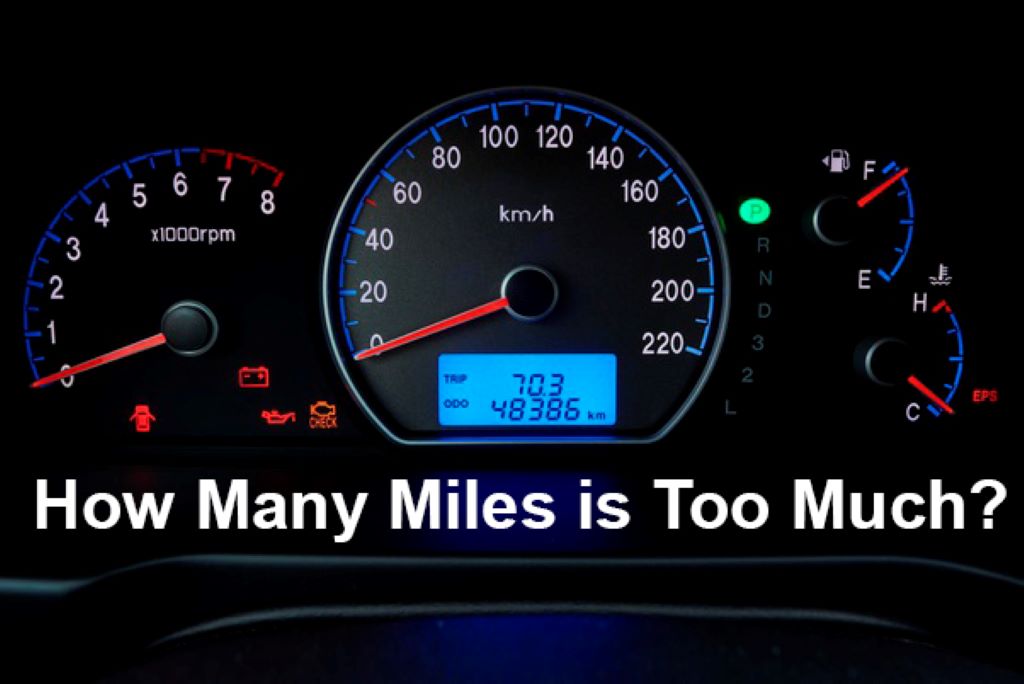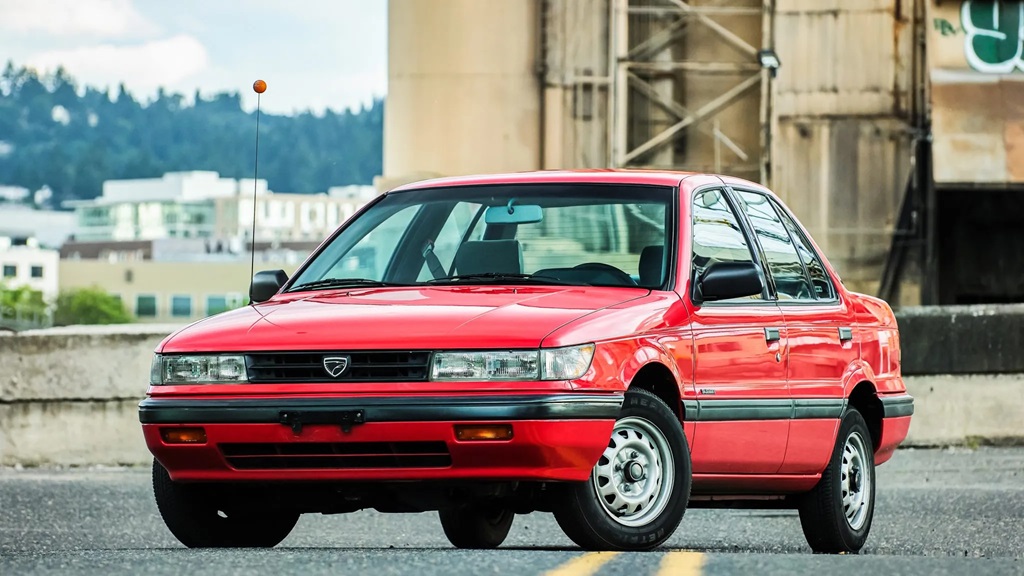When searching for a pre-owned vehicle, a major consideration often revolves around determining the acceptable threshold for mileage. Complete automotive care is crucial because you don’t want to end up with a car that breaks down on you after only a few months of driving. But determining what’s considered high mileage for a used car can be tricky.
In general, the average driver puts about 12,000 to 15,000 miles on their car each year. This means that after five years of ownership, a car should ideally have between 60,000 and 75,000 miles on it. However, this is just a rough estimate. There are other factors that can affect the lifespan of a car and its mileage.
Factors That Affect Mileage and Lifespan of a Used Car
Here are some important factors to consider when determining how much mileage is too much for a used car:
- Brand and Model: Different car brands and models have varying lifespans and mileage longevity. For example, Japanese brands like Toyota and Honda are known for their reliability and can often go well over 200,000 miles.
- Maintenance History: Regular maintenance can greatly extend the lifespan of a car. If the previous owner has properly maintained and serviced the car, it may be able to handle higher mileage.
- Driving Conditions: Stop-and-go city driving puts more stress on a car’s engine compared to highway driving. So even if a car has high mileage, but it was mainly driven on highways, it may still have plenty of life left in it.
- Age: A car’s age is just as important as its mileage. A well-maintained, low-mileage car that is over 10 years old may have more issues than a high-mileage but newer car.
- Personal Driving Habits: If the previous owner drove the car aggressively or did not take good care of it, even a low-mileage car may not have much life left in it.
What is Considered High Mileage for a Used Car?
As mentioned earlier, the average driver puts about 12,000 to 15,000 miles on their car each year. So anything over this amount can be considered high mileage. However, a well-maintained car with over 100,000 miles may still have plenty of life left in it, while a poorly maintained car with only 50,000 miles may have serious issues.
Additionally, the type of vehicle and its intended use should also be taken into consideration when determining high mileage. A commercial or heavy-duty vehicle will naturally have higher mileage compared to a personal-use sedan.
Importance of Car Culture in Buying Used Cars
Understand the car-loving culture at https://ourautocity.com/car-culture-and-lifestyle/why-are-cars-important-in-culture/. It plays a big role in determining what types of cars has high mileage. If you’re part of a culture that values, for example, classic cars, then mileage might not be as significant a factor for you as the car’s make, model, and year. Classic car enthusiasts often seek out older models in good condition, and these vehicles might have mileage that is considerably higher than what’s considered average.
These cars are appreciated more for their aesthetic and nostalgia than their utility, so high mileage is not necessarily a deal-breaker. On the other hand, if you’re looking for a daily driver or family car, then mileage, along with the vehicle’s overall condition and maintenance history, should be key factors in your decision-making process.
Signs of High Mileage
Aside from just looking at the odometer, there are a few other signs that can indicate high mileage on a used car:
- Wear and Tear: A car with high mileage may have visible wear and tear on the interior and exterior. This could include faded paint, chips or scratches, worn out seats, and cracks in the dashboard.
- Engine Noises: High mileage cars may also have noticeable engine noises, such as tapping or knocking sounds. This could be a sign of worn out engine components that will need to be replaced soon.
- Rust: Cars with high mileage may also have rust on the body or undercarriage due to exposure to the elements and constant use.
- Oil and Fluid Checks: When test driving a used car, check the oil and other fluid levels. If they are dirty or low, this could be a sign of poor maintenance and high mileage.
How Much Mileage is Too Much for a Used Car?
Ultimately, there is no definitive answer to this question. The best approach is to thoroughly inspect the car and get a professional opinion from a trusted mechanic. However, here are some general guidelines:
- Under 50,000 miles: Low mileage and relatively new cars are usually a safe bet. However, it’s still important to do a thorough inspection.
- 50,000 – 100,000 miles: This is the average range for most used cars. As long as the car has been well-maintained and there are no major red flags, it can still be a good option.
- Over 100,000 miles: While this may seem like high mileage, it’s not always a deal-breaker. Again, the key is to inspect the car thoroughly and get a professional opinion.
FAQs
Q: Is it better to buy a used car with low mileage or high mileage?
A: It depends on the overall condition of the car and its maintenance history. A well-maintained, high-mileage car can still be a good option.
Q: How many miles should a used car have per year?
A: On average, a car should have 12,000 to 15,000 miles per year. However, this can vary depending on the car’s intended use and driving conditions.
Q: Should I be worried if a used car has over 100,000 miles?
A: Not necessarily. As long as the car has been properly maintained and there are no major issues, it can still be a good option.
Q: Can a high-mileage car be reliable?
A: Yes, if it has been properly maintained and there are no major issues. Some cars have been known to last well over 200,000 miles with regular maintenance.
Q: Is mileage the only factor to consider when buying a used car?
A: No, other factors such as age, maintenance history, and driving habits should also be taken into consideration.
Conclusion
When it comes to determining how much mileage is too much for a used car, there is no one-size-fits-all answer. The best approach is to carefully inspect the car and get a professional opinion from a trusted mechanic. Additionally, consider all factors such as the brand and model of the car, its maintenance history, and personal driving habits before making a decision. With proper inspection and research, a high-mileage used car can still be a reliable and cost-effective option.










